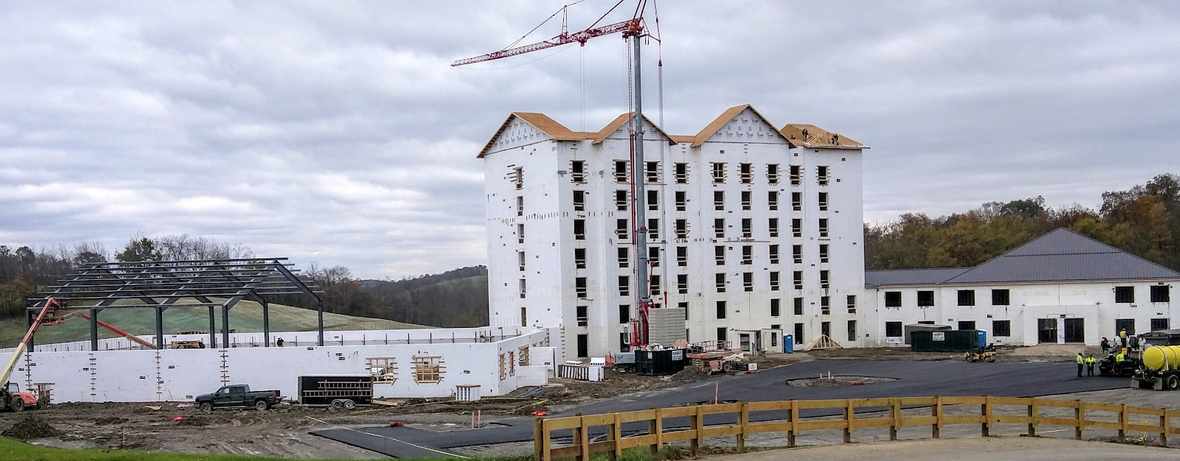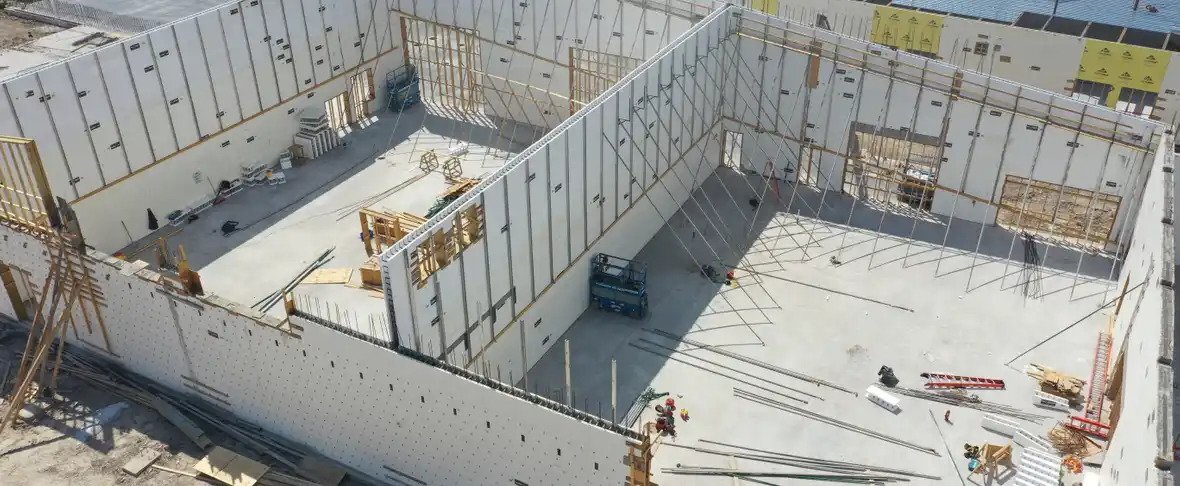
Understanding Insurance Trends for Wood vs. Concrete Midrise Buildings

Cinder Block (CMU) vs. Traditional Poured Concrete Wall Foundations
We cover the differences between CMU blocks and poured concrete foundations so that you don’t have to learn from trial and error.

5 Common Misconceptions About ICF Construction
ICF construction creates modern structures that are energy-efficient, durable, disaster-resistant, and have good indoor environmental quality (IEQ). ICF construction is also strong, flexible, fast and easy to install. Unfortunately, even with these many benefits, some architects and contractors are reluctant to utilize it due to misconceptions about ICF construction.

How to Make Concrete More Sustainable with Insulated Concrete Forms (ICFs)

5 Ways To Save Money On Your Next Commercial Project
ICF’s benefits are massive, ranging from cost savings to durability, high quality and easy installation. If you want to learn how to save money on your next project, keep reading.

Masonry vs. Wood Frame Construction and a Better Option
As technology has advanced, new construction methods have emerged. Understanding the traditional masonry vs. wood frame rivalry sets the stage for why a better alternative exists.

Understanding Insurance When Building a New Home
Understanding insurance is key when building a new home — for both homeowners and builders.

The Integrated Design Process (IDP) and Insulated Concrete Forms (ICFs)

Effective Strategies to Insulate Block Walls
Improving the insulation of block walls significantly enhances energy efficiency, comfort, and durability in both residential and commercial spaces. Block walls, often made of concrete masonry units (CMUs), are sturdy but notoriously poor at retaining heat without proper insulation.

CMU Walls: Advantages, Disadvantages and A Better Option
Insulated concrete form blocks provide a host of advantages over traditional CMUs, including better energy efficiency, easier construction, and improved resilience.